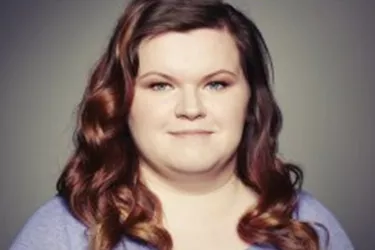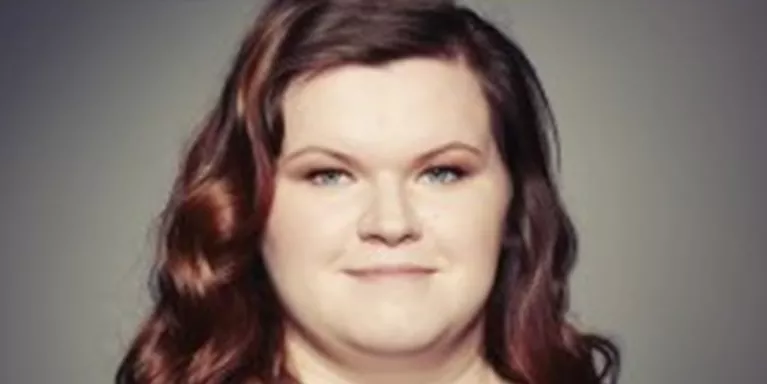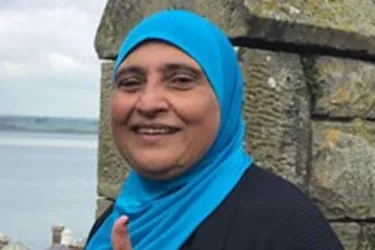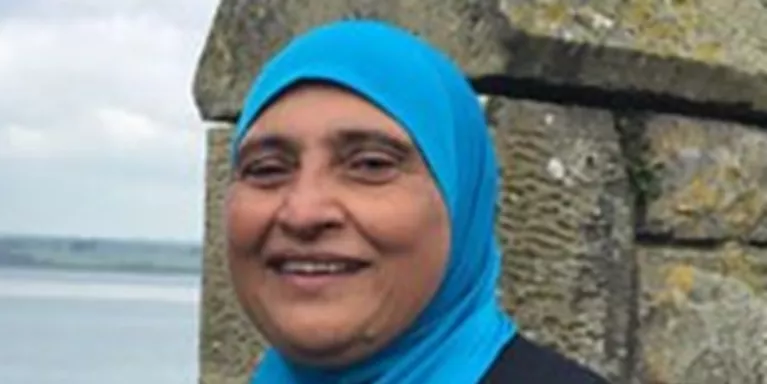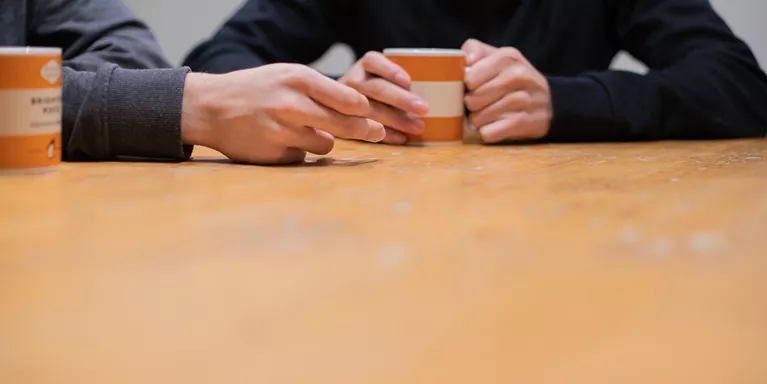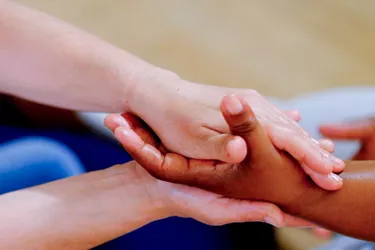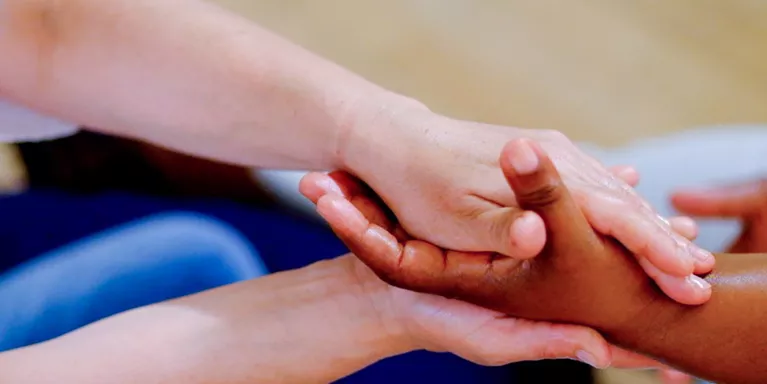When I found Elefriends, I finally found the support I needed
Here an elefriend blogs about her journey towards finding Elefriends, and the support it gives.
My first experience of Depression was after I had my first child and. I didn’t realise I had Postnatal Depression until my daughter was at least 18 months old. I decided I wanted and really had to go back to work, as a nurse in a nursing home four nights a week. In my head it all made sense, as I worked during the night and slept during the day with the help of my mum who would look after my daughter, but on the nights I wasn’t working my daughter would not sleep, so I wasn’t getting any rest at any time. I continued working for a few months and then I got myself into a situation that caused me to leave my job. My doctor at the time said I needed to give myself “a good kick up the backside’” I was given some sort of antidepressants and I was left to get on with it. I wasn’t offered any other support, CPN (Community Psychiatric Nurse) or support group, just nothing. It was a long, bleak time.
In 1993 I had my son. I thought I was prepared for any eventuality. I requested medication as soon as my baby was born to help with the sudden drop in hormones, but the nurse forgot, and when she realised she said it was too late. The Postnatal Depression was back with vengeance. I could barely function, but I could at least look after my baby. He was thriving, but I couldn’t even muster the energy to wash. I had support from my mum and my husband, but it wasn’t enough. I went to the doctors again, who was slightly better in his approach and this time got me a CPN. I continued having a CPN for two years, going from daily visits, to every other day, and weekly and then monthly. It took a lot of time, but I got better gradually.
Over the years I’ve had bouts of Depression and have managed to notice the signs and get help sooner rather than later. I have also been to supports groups which I found very helpful. I get angry when I hear others talk of the amount of time it takes to be offered some sort of support, so I did a few counselling courses and I started a support group in my local town.
Earlier this year I had a superior massive manic episode - a mental and physical breakdown - where the symptoms I usually had separately all came at once. When I went to see the doctor this time – a different one from years ago – she was so supportive and understanding, she quickly refereed me to the community mental health team and I saw them within days. At my first appointment I just sat crying and trying to talk. She prescribed medication but I was also offered counselling, which was invaluable. The downside was I could only have six sessions at a time, and I have to have a break of 12 weeks in between. I find it hard to understand why that should be!
Then I discovered Mind’s website. I was looking for articles to show my family to help them understand. My husband and son have taken on board everything. I have Facebook, but to be honest I can’t see the attraction of telling everyone about the state of my mental health. Then I discovered Elefriends. What a place! I was apprehensive when I first joined, I didn’t know what to expect, but it truly is an amazing place. Everyone made me feel very welcome, and by reading other posts I began to see I wasn’t the only one, there were people out there with mental health problems just like me. Sometimes I don’t think people do really understand Depression unless they have been there themselves. People on Elefriends have, from all walks of life and ages. I get a lot of support from the other Elefriends and find this to be a great help. Also, if I can leave just one person a comment and they say thank you, it makes me feel good that I have helped someone else. I would certainly be lost without Elefriends now
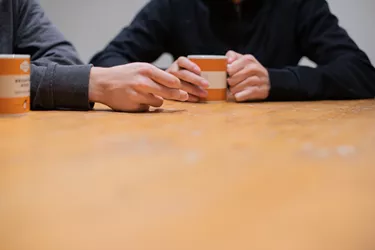
Learn about our online community

Information and support
When you’re living with a mental health problem, or supporting someone who is, having access to the right information - about a condition, treatment options, or practical issues - is vital. Visit our information pages to find out more.
Share your story with others
Blogs and stories can show that people with mental health problems are cared about, understood and listened to. We can use it to challenge the status quo and change attitudes.










